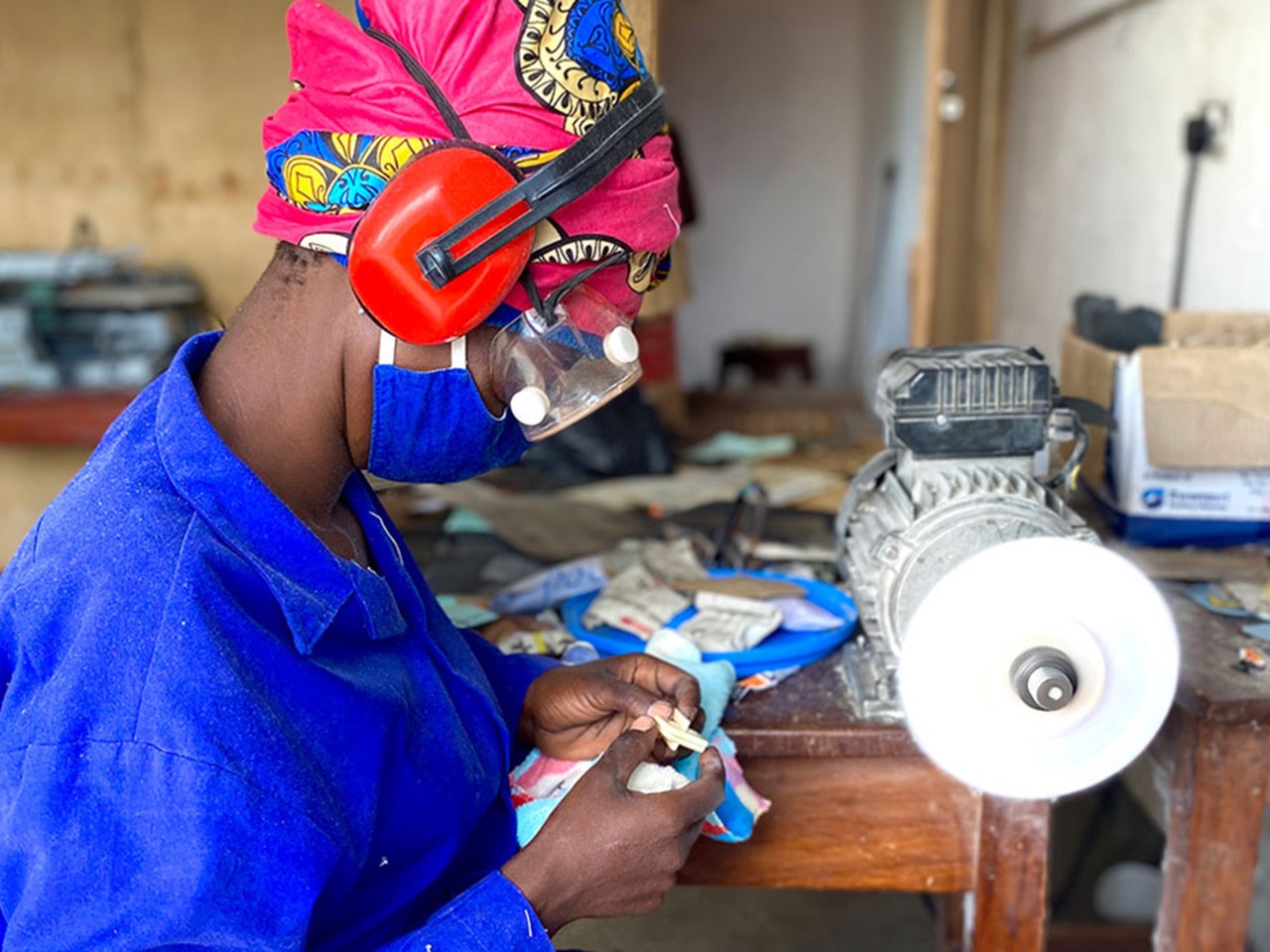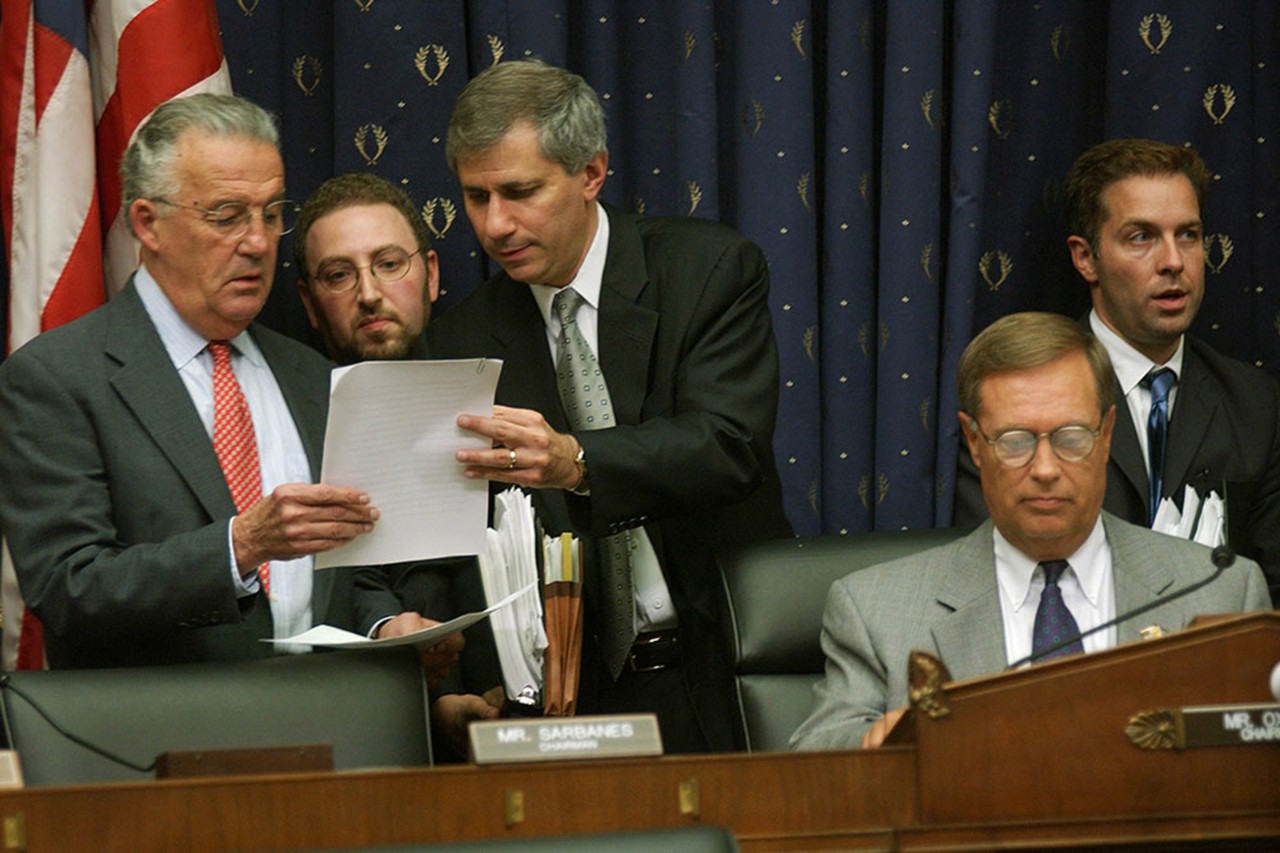
Nine years ago this August, Andy Haldane told the world’s most prestigious gathering of bankers that if they wished to understand financial regulation, they needed to understand how a dog catches a frisbee. They duly sat up and listened.
In essence, he was saying that if you need to deal with complexity, you need to focus on keeping it simple, as the dog does. To understand the catching of a frisbee, you could invoke Newton’s law of gravity. You could call for someone with a doctorate in physics. Yet the task is easily mastered by a dog. And some dogs – border collies came to mind – were invariably better at catching a frisbee than humans.
What Haldane was trying to explain was the need to keep it simple. ‘As you do not fight fire with fire’, he said, ‘you do not fight complexity with complexity.’ The fragility of the financial system in those years had indeed, he suggested, been created by complexity.

He joined the bank following ‘the well-trodden path from Sunderland council estate to Threadneedle Street’
At the end of June this year, almost a decade later, Haldane stepped down as chief economist at the Bank of England. He had been there for 32 years. He put the ideas gleaned from his experience into a talk given at the Institute for Government. And, like the concept of the dog and the frisbee, his use of wit and clarity was still being usefully employed along with the benefits of long experience.
He had joined the bank in 1989, following, as he pointed out, ‘the well-trodden path from Sunderland council estate to Threadneedle Street’. In those days, the bank was still a branch of the government. Politicians held sway. It was not a useful way of doing things.
‘In the late 1980s’, he said, ‘the UK had no clearly defined nominal anchor for monetary policy at all. The best predictor of interest movements was not GDP or inflation. It was whether Mrs Thatcher (the then prime minister) had recently suffered a bad by-election result. Policy played second fiddle to politics.’
Taking politics out of policy
In 1997, this eventually changed and the then government gave the bank formal independence for the setting of monetary policy.
‘At a stroke’, said Haldane, ‘politics was taken out of policy.' And the brain and hands of the bank ‘were now fully and durably connected in statute’. That approach has characterised bank behaviour ever since.
It was assumed that one speech a year at the Lord Mayor’s Mansion House banquet would be enough talking to the public
‘Thirty years on’, said Haldane, ‘the transformation in the policy-making structures and technologies for financial stability are every bit as great as those for monetary policy. An entirely new system of macro-prudential regulation is now in place, fusing together the micro and the macro, the economic and the financial.'
Part of the solution
And, he argued, the benefits have become obvious under the most testing of circumstances. ‘During the Covid crisis’, said Haldane, ‘the global banking system has lived up to the expectations set for them by [former governor] Mark Carney at its start: they have been part of the solution, not the problem.'
Part of this transformation has been an obvious one. The level of understanding of what is happening and what needs to be done is stratospherically higher. The most entertaining of bank governors was Montagu Norman back in the 1930s. ‘Never apologise, never explain’ was one of his tenets. ‘I don’t have reasons. I have instincts’ was another.
For generations, it was assumed that one speech a year, given by the bank’s governor at the Lord Mayor’s Mansion House banquet, would be quite enough of talking to the public. As Haldane observed: ‘The public audience for this singular act of public communication was about as diverse a set of white, male, middle-aged, slightly pissed financiers as it is possible to assemble’.
Better understood
If the emojis of today could be transplanted back in the bank’s culture of the middle of the last century, they would amount to two: slightly raised eyebrows and extraordinarily raised eyebrows. That was how it worked. Again, it is something that has been transformed in the last 30-odd years.
‘A few years ago’, said Haldane, ‘the Campaign for Plain English, a militant band of grammarians, described the MPC’s [Monetary Policy Committee] monetary policy statement as “worthless, impenetrable waffle” and “gobbledygook”. Reading between the lines, I am not sure they liked it.’
Now, public engagement, from staff blogs, with over one-and-a-half million views, to curriculum materials for eight- to 11-year-olds via the Times Educational Supplement and the Beano comic, are slowly turning it all around.
Add in a network of Citizens’ Panels across the country and, until the pandemic brought things to a temporary halt, Haldane’s personal travels ‘visiting left-behind parts of the UK listening to groups with whom the bank had not traditionally engaged – workers, charities, community and faith groups’, and you have a very broad growth in understanding. ‘This’, said Haldane, ‘is the economics of wandering around or “deep hanging out”.’ These visits, he said, ‘were one of the most rewarding things I have ever done professionally’.
This has all tilted the bank towards greater understanding and greater trust. What is required, he said, was ‘public conversation, not public lectures’. The bank is in good shape. But, with Haldane gone, it needs to keep reminding itself of what it learned from the tale of the dog and the frisbee.



